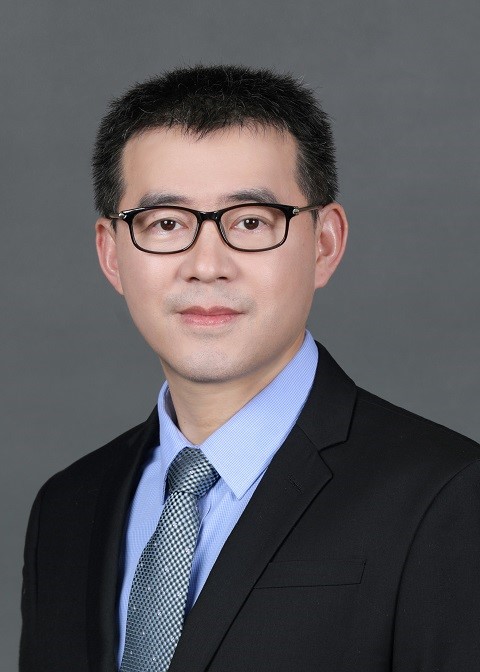【题 目】Reference Dependence in Collective Medical Decisions (共同医疗决策中的参照点偏好)
【时 间】2023年11月8日(星期三)14:00-15:30
【地 点】后主楼1722
【主讲人】易君健 北京大学国家发展研究院教授
【主持人】何浩然 welcome海洋之神welcome海洋之神教授
主讲人简介:

Dr. Junjian Yi is a professor of Economics in the National School of Development, Peking University since 2022. After receiving his Ph.D. in Economics from the Chinese University of Hong Kong in 2011, he conducted the postdoctoral research in the Department of Economics at the University of Chicago in 2011-2014. Subsequent, he taught at National University of Singapore and the Chinese University of Hong Kong. His research interests lie in Labor and Demographic Economics, Health Economics, and Development Economics. His research outputs have published (or have been received for publication) in top economics journals including Journal of Political Economy, Review of Economic Studies, Economic Journal, Review of Economics and Statistics, Journal of Labor Economics, Journal of Public Economics, Journal of Comparative Economics, American Economic Journal, Economic Policy, Journal of the European Economic Association, Journal of Human Resources and Journal of Development Economics, International Economic Review, as well as top journals in other subjects such as Management Science, Lancet, Proceedings of the National Academy of Sciences, Demography.
内容简介:
We study the implications of reference dependence in physicians’ preferences for healthcare by leveraging a unique quasi-experiment: the 2015 reform of rehabilitation care in China. The reform resulted in an average increase in prices received by hospitals for some admissions and a decrease for others. We find that the impact on medical expense differs depending on whether prices increase or decrease. To explain this finding, we develop a behavioral model with two novel features: (1) physicians have reference-dependent preferences and (2) patients and physicians collectively maximize their joint utilities. Structural estimation of the model yields patterns consistent with our finding.

